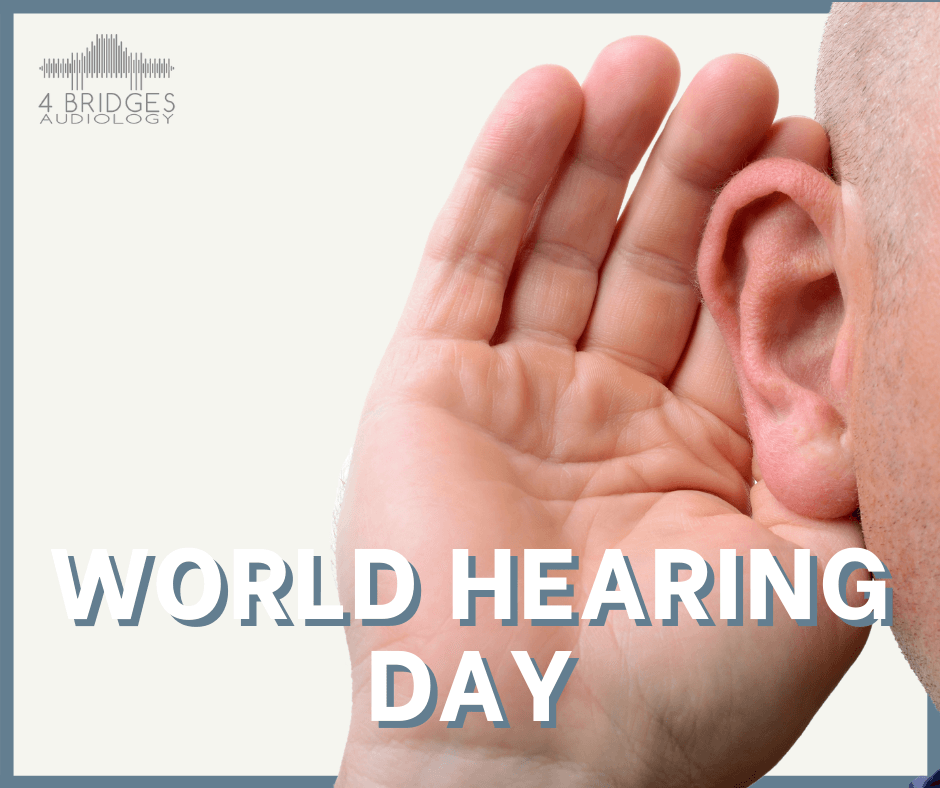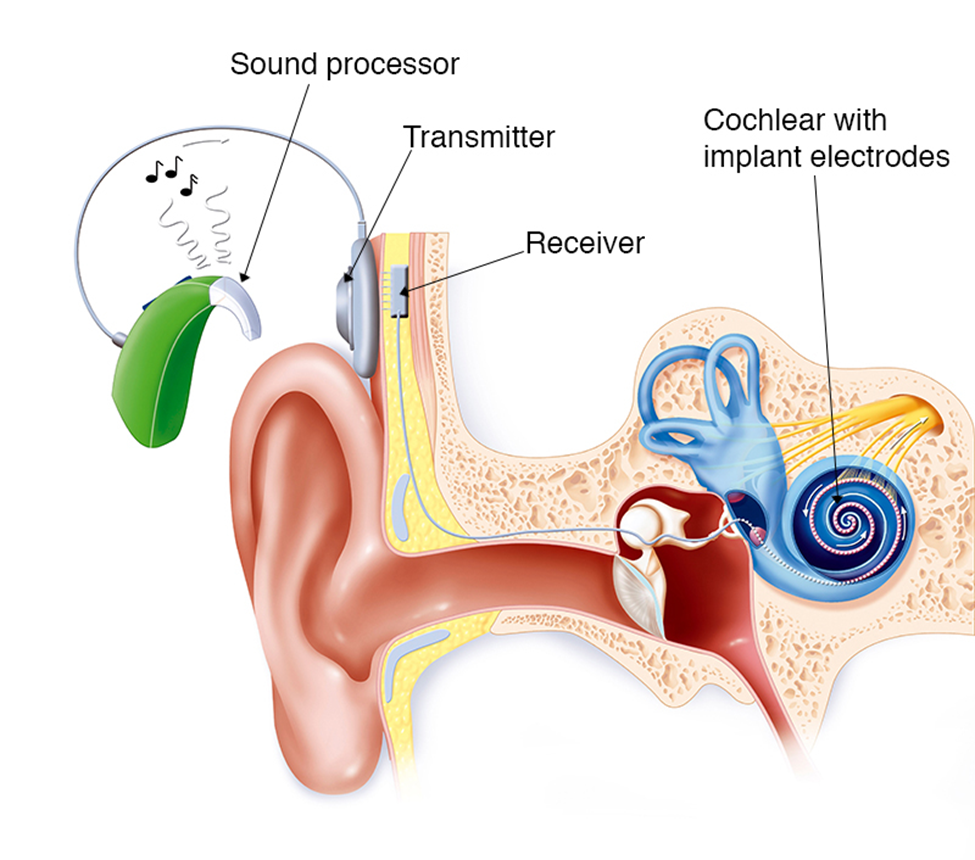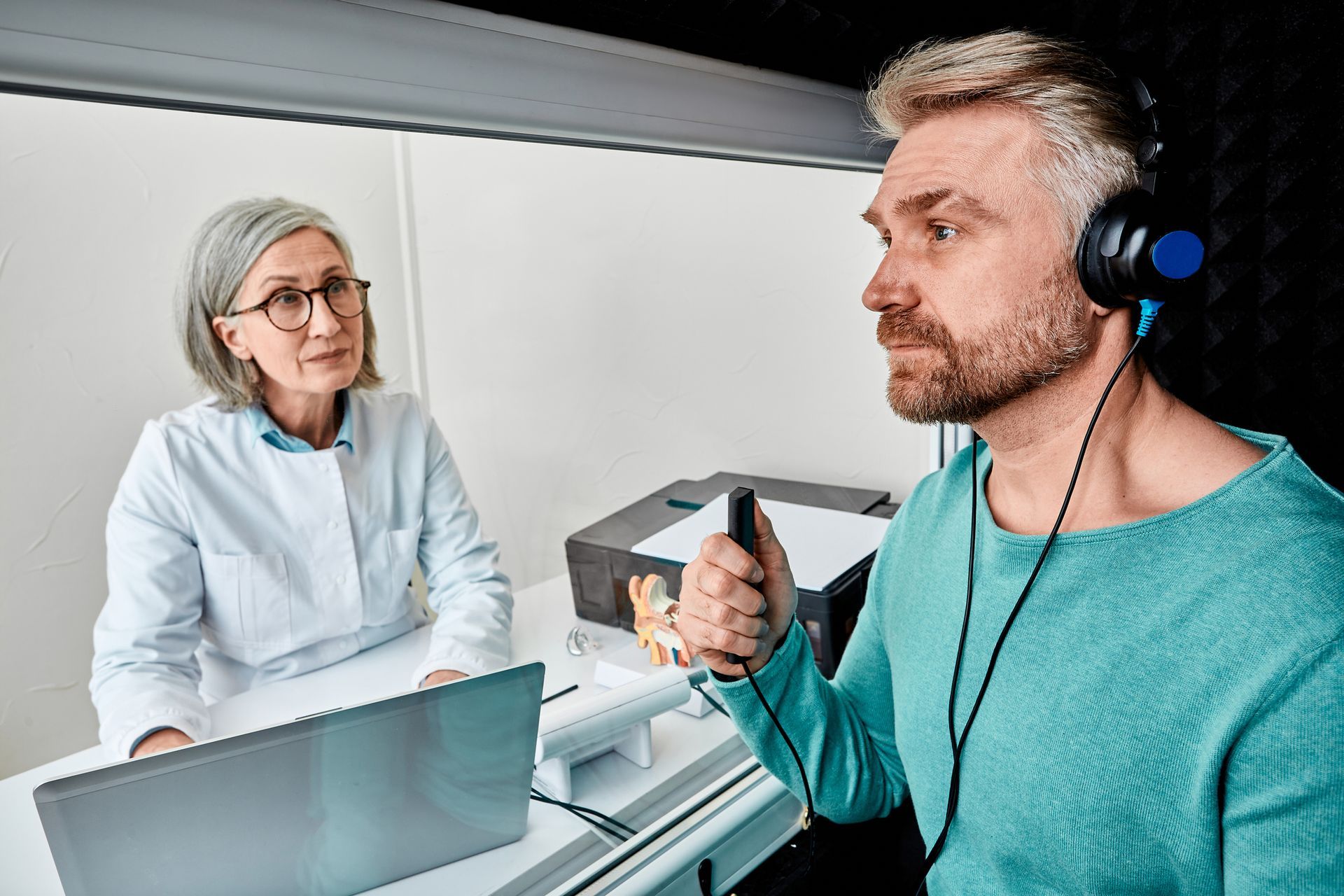World Hearing Day
World Hearing Day

MARCH BLOG: POST ON MARCH 3, 2021
Today, March 3 is World Hearing Day! In 2007, the World Health Organization designated March 3 as World Hearing Health Day in order to raise awareness to the growing numbers of those suffering from hearing loss and the importance of hearing health care. In 2017, the NIH National Institute on Deafness & Other Communication Disorders stated that 48 million Americans suffer some type of hearing loss . And, in 2020, the WHO stated that approximately 466 million people worldwide have disabling hearing loss—34 million of these are children. It’s estimated that, by 2050, approximately 900 million people worldwide (or, one in every 10) will have disabling hearing loss. The numbers continue to grow annually.
During the pandemic, many have recognized hearing difficulties due to masks. A number of these are people who have been compensating for hearing difficulties through lip reading and use of visual cues. Some realized they were lip reading but also denied they had hearing loss while others have not recognized the extent of their decreased hearing acuity until they could no longer read lips.
As Audiologists, we are focused on educating the public on hearing loss, diagnosis, prevention and treatment. “The growing health problem of hearing loss is often unrecognized in U.S. adults, adolescents and children and it leads to a long list of problems including depression, isolation, academic delays, impaired communication and cognitive decline. We are grateful that this awareness day was created to shine a light on the significance of hearing loss,” said Angela Shoup, president of the American Academy of Audiology. Shoup is also the executive director of the Callier Center for Communication Disorders and a professor of Speech, Language and Hearing in the School of Behavioral and Brain Sciences at the University of Texas at Dallas. “We also look to this day to help educate the public on the importance of seeing an audiologist for professional evaluation and management of hearing and balance difficulties.”
As the baby boomer population ages, more Americans are facing hearing health challenges. According to the National Institutes of Health NIDCD, approximately 20 percent of American adults aged 20 to 69 have some trouble with hearing and approximately 28.8 million could benefit from the use of hearing aids.
While age is still the greatest factor in hearing loss, many younger people also experience hearing problems due to a number of factors, including exposure to loud music and noises, both recreational and occupational. Among adults aged 70 and older with hearing loss who could benefit from hearing aids, fewer than one in three (30 percent) has ever used them. With adults aged 20 to 69 only approximately 16 percent of those who would benefit from hearing aids has ever used them.
“Audiologists are the experts in hearing health,” Shoup explained. “Anyone suspecting a hearing issue should see an audiologist who will complete a careful evaluation to gauge the impact of hearing difficulties on quality of life and activities of daily living, and complete testing to assess sensitivity to sounds of various pitches, ability to understand complex sound patterns such as speech, and physiologic evaluations of various structures in the auditory pathway. This information can then be used to develop individualized treatment recommendations that may include device selection and optimization, as well as supportive counseling and guidance through a customized hearing rehabilitation plan.”
Some signs of hearing loss may include:
- Suddenly having to turn up the volume of the television, radio, or stereo and having
other family members complain that the volume is too loud.
- Difficulty understanding people speaking to you and asking people to repeat themselves.
- Difficulty with phone conversations and understanding the other person.
- Sudden inability to hear the door bell, the dog barking, and other household sounds.
- People telling you that you speak too loudly.
- Ringing in the ears.
School-aged children with hearing loss will sometimes exhibit poor school performance because they can’t understand the teacher assignments or classroom interactions. If hearing loss has been present from a young age, they often don’t recognize the loss and can’t identify the problem.
If you are concerned about your hearing, or someone you love, and are ready to take the next step, call the office today to schedule your hearing evaluation and discuss solutions to live your best life!












